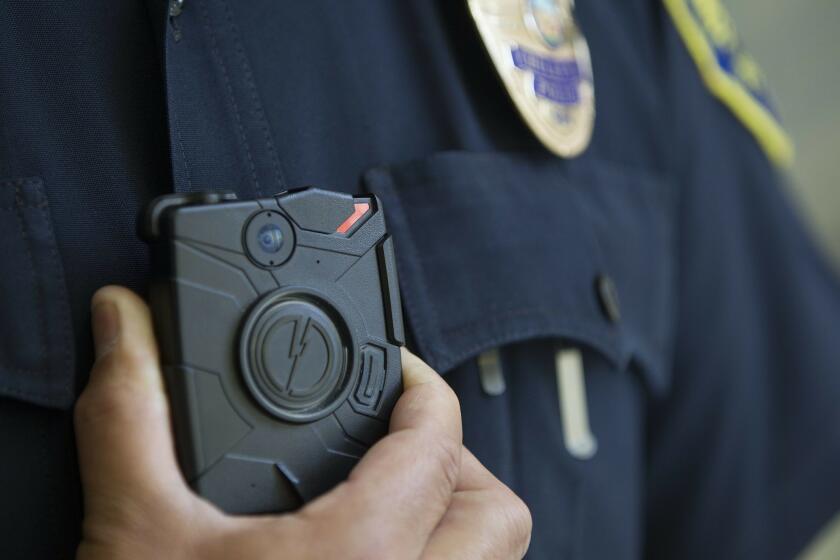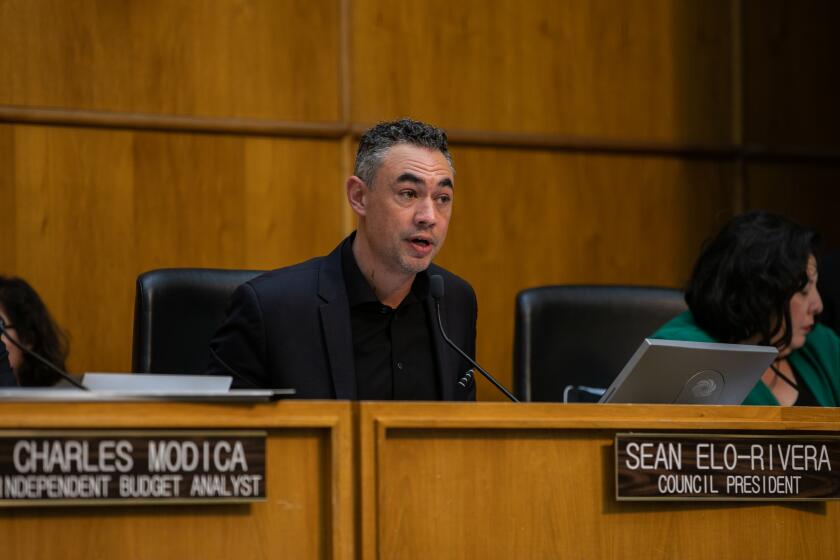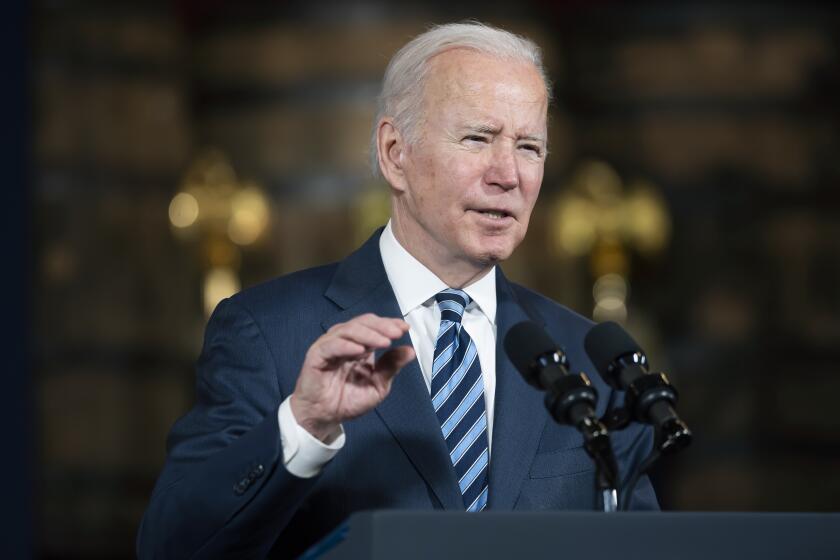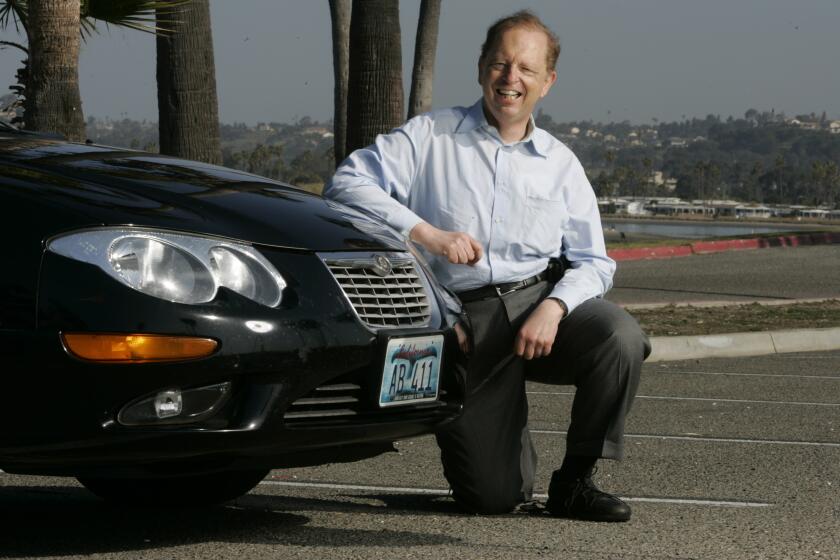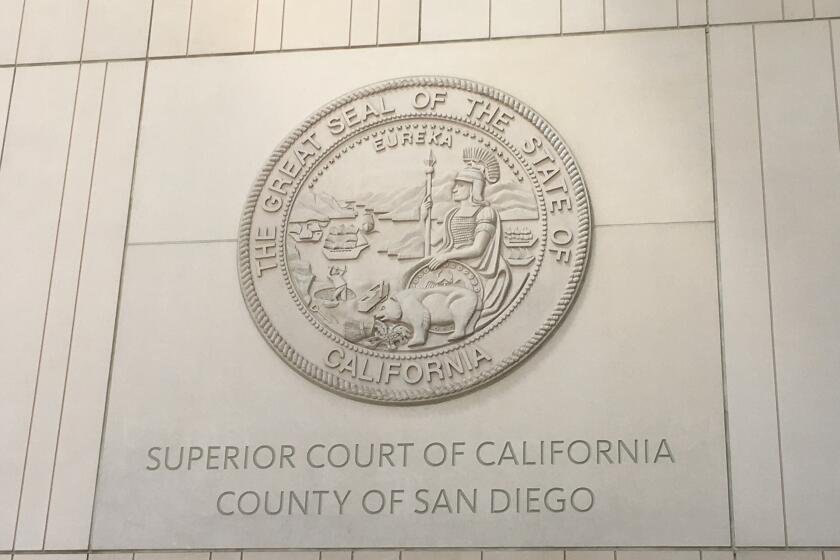Uber, Lyft balk at CA ridesharing bills
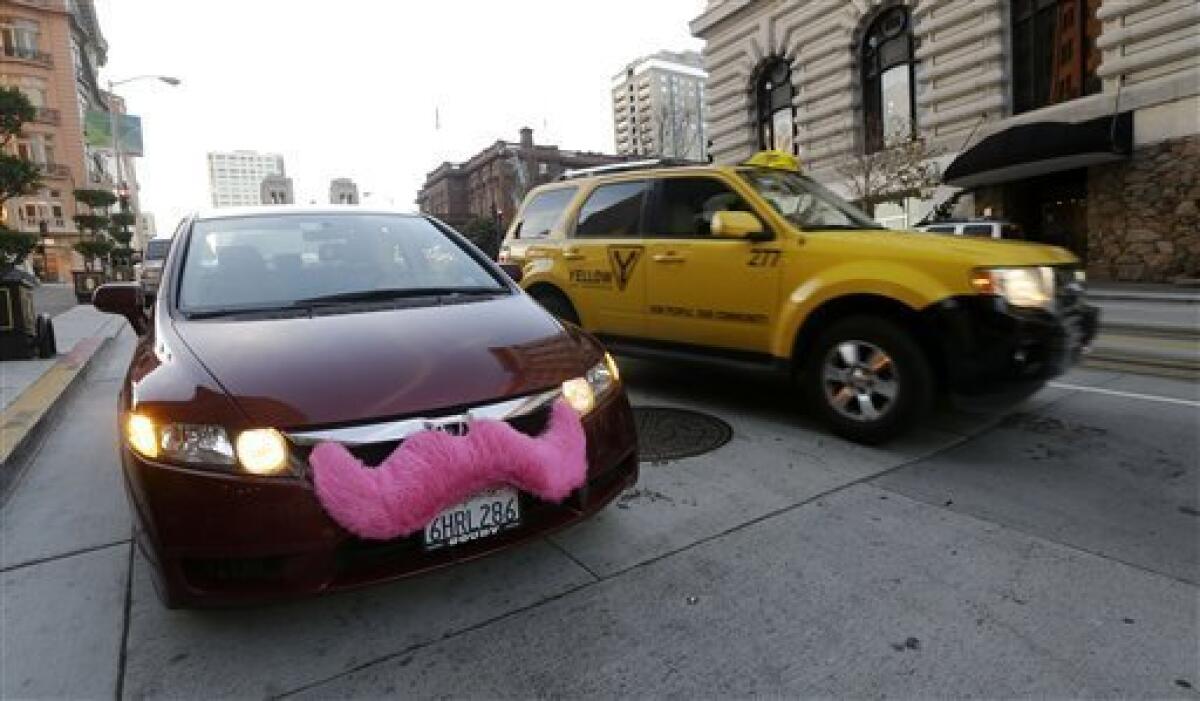
Amid calls that Sacramento is poised to “kill ridesharing in the Golden State,” state lawmakers this week are set to consider two bills that would impose new rules on the emerging industry made up of firms such as Uber, Lyft and Sidecar.
Ridesharing has grown popular across California and the nation in recent years. It allows customers to hail a ride through a smartphone app and watch in real-time as the driver, in his or her own personal car, approaches. Payments are electronic and automatic.
Riders say the service is often faster and more convenient than a taxi.
In the San Diego region, Uber offers service from Tijuana north to Temecula.
But lawmakers say there are insurance and safety gaps that put ridesharing drivers and riders at risk. Taxi and limo associations, who support the proposed legislation, say these gaps give the new industry an unfair advantage.
Assembly Bill 2293, authored by Assemblywoman Susan Bonilla, D-Concord, proposes to close the insurance gap by requiring coverage “from the moment a driver logs on to the application.”
The California Public Utilities Commission passed new rules last year that required ridesharing companies provide $1 million dollars in commercial insurance coverage for their drivers.
But the PUC did not specify when business activity begins. That left “a large gray area,” Bonilla has said.
Ridesharing companies say their biggest concern is what they say is an exorbitant $1 million liability policy they would have carry for their drivers even when no passengers are in the car. It would be in effect when a driver has their application on, making them available to accept rider requests.
Bonilla’s bill “will kill ridesharing as we know it” by creating insurance mandates that are many times more than the state requires for taxis and any car on the road, Eva Behrend, a spokeswoman for Uber, said in an email.
Supporters of the bill say opponents have exaggerated the disparity in insurance costs.
The assemblywoman’s office said the size of the proposed policy was not unprecedented. Taxi companies are required to carry $1 million commercial liability policies in several cities, including San Diego, San Francisco and Riverside, even when no passengers are inside the vehicle.
Amendments to the bill released by Bonilla’s office on Wednesday afternoon show that some insurance policy amounts will be lowered.
The amended bill would require ridesharing companies or a ridesharing driver to maintain primary liability coverage, “from the moment a driver logs on to the application” until a driver accepts a ride at: $100,000 per person and $300,000 per occurrence for death and personal injury plus $50,000 for property damage.
If passed this year, the bill would go into effect July 1, 2015.
The assemblywoman said in a press release earlier this year that the catalyst for her bill was a 6-year-old girl in San Francisco who was struck and killed by an Uber driver on New Year’s Eve. Bonilla said the driver did not have commercial auto insurance and the driver’s personal policy excluded coverage because the car was being used for commercial purposes.
Steve DelBianco, executive director of NetChoice, a coalition of e-commerce businesses, including Lyft, said ridesharing drivers must bear their own insurance responsibilities until they accept a rider. After all, he said, they are driving their personal, not commercial cars.
He added that California should be careful not to stifle the growth of the ridesharing industry.
He said passing tough new insurance mandates could preclude new firms from starting up, leaving only a handful of companies.
Assembly Bill 662 is a second, though less contentious bill that would expand safety and background check rules for ridesharing drivers.
For example, it would add a U.S. Department of Justice fingerprint scan requirement to an already state-mandated background check process for drivers. The fingerprint scan is already required of taxi and limo drivers.
“What we’re trying to create is some kind of (safety) baseline for all of these transportation carriers,” said Dan Savage, chief of staff for Assemblyman Adrin Nazarian, D-Sherman Oaks, who authored the bill.
Savage said Nazarian is aware that ridesharing is a popular and innovative technology.
He said the lawmaker believes ridesharing companies can adhere to the proposed rules “and still be innovative.”
The bills are expected to be heard on the Senate floor as early as Thursday.
If approved, they could be sent to Gov. Brown for consideration later this month.
chris.nichols@utsandiego.com | (916) 445-2934 | Twitter@christhejourno
Get Essential San Diego, weekday mornings
Get top headlines from the Union-Tribune in your inbox weekday mornings, including top news, local, sports, business, entertainment and opinion.
You may occasionally receive promotional content from the San Diego Union-Tribune.

